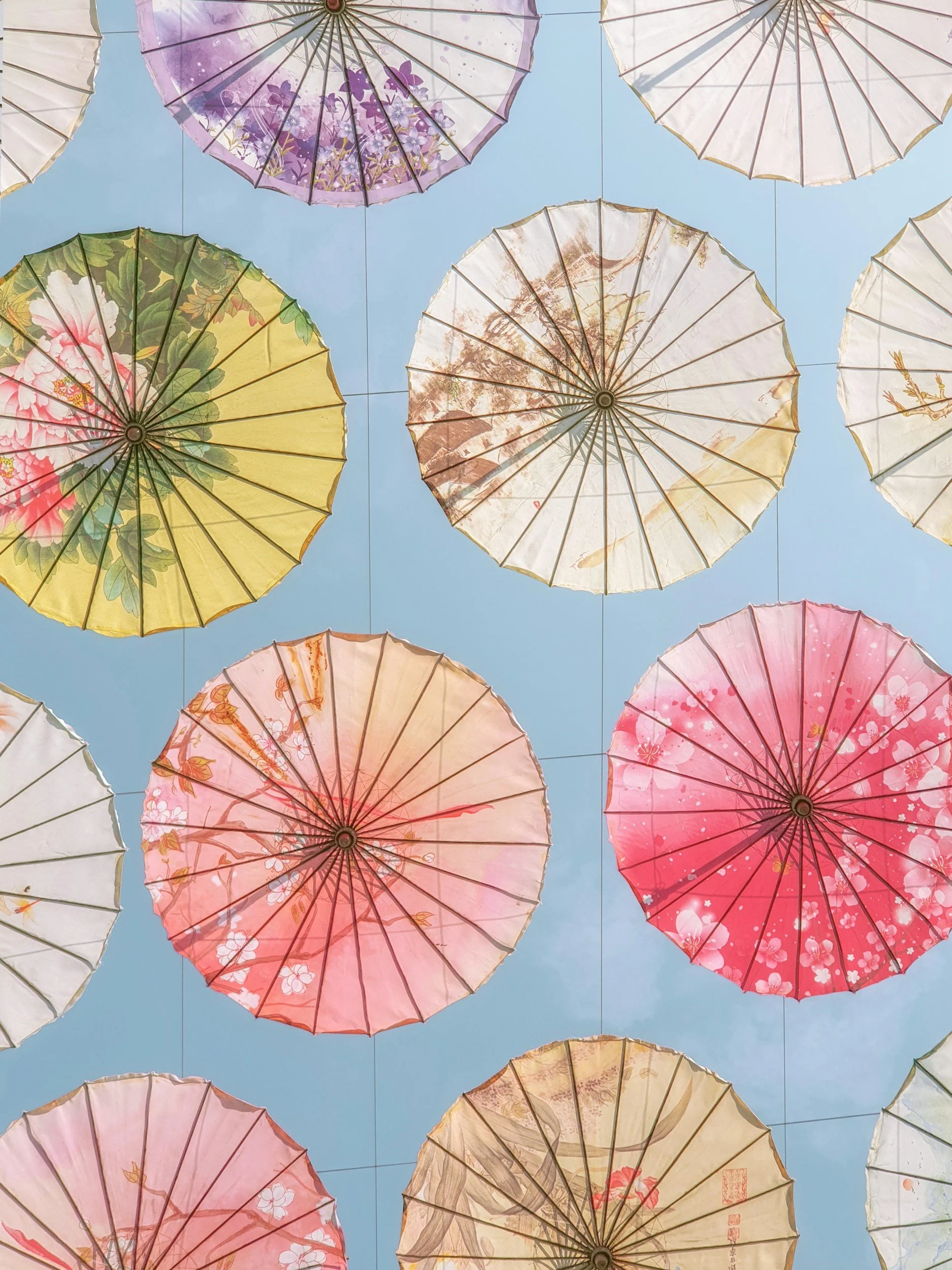
.
Neurodivergence doesn’t follow a straight line. It curves, overlaps, and branches into complex, beautiful configurations.
Ronen Dancziger
The Beauty and Struggles of Being Neurodivergent
The other side of Neurodivergence.
Autism and ADHD highlight the beauty of neurodiversity, reminding us that the human mind is not meant to fit into a single mold. There is deep value in the creativity, focus, passion, and unique ways of thinking that often come with these experiences—whether it’s the ability to see patterns others miss, bring imaginative ideas to life, or approach challenges with fresh perspectives. While living in a world that isn’t always designed with different brains in mind can bring struggles—such as feeling misunderstood, overwhelmed, or pressured to adapt—the strength, resilience, and authenticity that emerge from these journeys are powerful. Celebrating neurodiversity means embracing Autism and ADHD not as limitations, but as essential parts of human variation that enrich communities, relationships, and the world as a whole.
I’m here for your family .
You’re allowed to honor yourself, your child, and speak up for what you need.
Families of neurodivergent children and young adults often face unique struggles, from navigating sensory sensitivities and emotional regulation to supporting social interactions and school or work demands. At home, this can sometimes lead to stress, miscommunication, or uncertainty about how best to help. As a parent of neurodivergent young adults, I bring personal insight and compassion in supporting parents and families. In therapy, the focus is on building a strong support system where parents and caregivers feel equipped with tools that foster understanding and connection. Together, we work on creating accommodations that reduce overwhelm, strengthening communication within the family, and developing strategies that honor the child’s needs while supporting the entire household. This process not only helps children thrive but also fosters a more compassionate, cohesive, and resilient family environment.
Working with Neurodivergent
Life with ADHD or Autism can sometimes feel overwhelming, especially when sensory overload, social challenges, or difficulties with focus get in the way of daily life. In therapy, we work together to explore what feels heavy, uncover your strengths, and find tools that make life more manageable. By creating coping strategies that truly fit who you are and by building on your natural resilience, you can begin to feel more confident, connected, and at ease in your own skin.
When all is said and done, here’s the thing:
You are more resilient than You Realize

Contact for a free 15 minute consult.
Questions?
FAQs
-
How can I best support and accommodate neurodivergent individuals in daily life, school, or work without trying to ‘fix’ them?
This usually reflects a desire to understand the balance between honoring unique ways of thinking/processing and providing practical supports for challenges like sensory sensitivity, communication differences, or executive functioning.
-
What are the best ways to create an inclusive environment?
How do I know which accommodations are actually helpful?
How can I support sensory needs without overwhelming others?
How Do I handle the stress of caring for loved ones whom are Neurodivergent?

